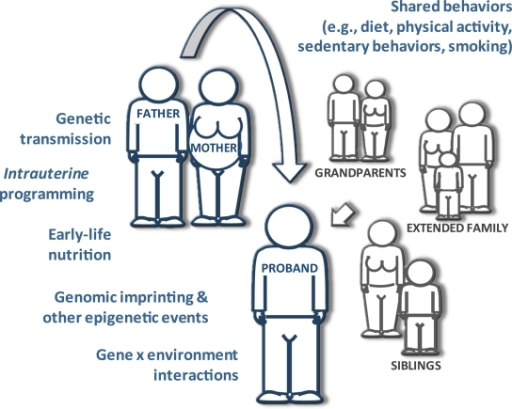
Recently, a few people I know have been diagnosed with cancer. These individuals are young, and some are barely out of their thirties. Seeing them go from vibrant, active people to the very opposite of that is shocking, and I’d be lying if I said it didn’t phase me.
Hearing about these people that I have seen face to face, have had conversations with and have attended school alongside, suffering from a terminal disease has no doubt made me think of myself. Mainly, it has forced me to think more about the disease that just seems to love my family- diabetes.
My mother was diagnosed with it over ten years ago, and we didn’t know much about it then. I didn’t realize all the ways in which it affects your body including your sight, feet, and even memory. After dealing with my mother and her oft times lack of proper diabetes management, I’ve come to realize that diabetes affects the quality of life for the entire family.
As I’ve dealt with my mother’s hospitalizations and diabetic episodes from which it takes days for her to recover, I have become acutely aware of the importance of taking care of one’s self. Yes, I know that we talk about “living healthy” in 2016 and make resolutions, but until it hits us personally on the home front, these are just sayings that sound good on Facebook statues and in Instagram memes. That should not be the case. But this article is not about how to avoid getting the disease. It’s about those who already have it understanding how it affects their loved ones.
I know that we are all invincible, and nothing can touch us. We believe that we are immune from the ailments of the world, but that is so far from the truth. If you have diabetes, please take it seriously because not doing so WILL cost you. Sometimes the price is the very life that you live.
Dealing with a person who not only has diabetes but doesn’t understand how serious it is can be taxing. I love my mother to death and will face whatever thing comes our way, but her lack of cooperation in maintaining her health is something that more than bothers me. It saddens me. But she is not alone in her reaction to the disease.
Too many diabetics take their condition lightly, and it isn’t until a leg is amputated or they lose their sight that they finally see the error in their ways. It does not have to be like that. If you’re diabetic and have loved ones who consistently stay on you to take better care of yourself, listen to them! They aren’t “nagging” you for their health they are doing it for yours. More than that, they want to see you live. They want you around for grandchildren, weddings, graduations and anniversaries. Don’t you want to be around for those things too?
In case you haven’t heard, diabetes can kill you. Take it from someone who deals with the anguish of wondering if her parent will get to see her walk down the aisle one day, proper diabetes management benefits everyone involved. I’ve already lost my father; I’d really like my mother to be at my wedding (whenever that may be). These are the things that loved one’s affected by the disease think about on the regular.
If you are a person of color (POC) diabetes affect us at higher rates. I am sure that our diets have something to do with it as the most common form is adult diabetes or Type 2. For this reason, we have to be more vigilant about what we eat. Before I left Baltimore last year, my doctor said I was borderline diabetic and put me on metformin. Now, did I do better with my diet and implement exercise more often? For the most part- no. Because in my mind I said, “It’s JUST type 2, and he said I was ‘borderline’ anyway; I don’t really have it.” But because I am in my early thirties dealing with my mother’s condition and seeing people my age die from heart attacks, strokes, and cancer, I changed my thinking. We are all statistics, but I refuse to be that one.
There has never been a more opportune time to look at yourself in the mirror and make the decision to be a better you. Life comes at us fast, and although it may sound like a cliché, you really do never know when it will be your time. To check to see if you have any of the symptoms for diabetes that might give you that kick in the butt to get checked, go here.
When taking care of yourself, or choosing not to, look past you and consider the people who are rooting for you. The people who need you; the people who would do anything to make sure they are there for you if the roles were reversed.
Don’t just consider, do.


